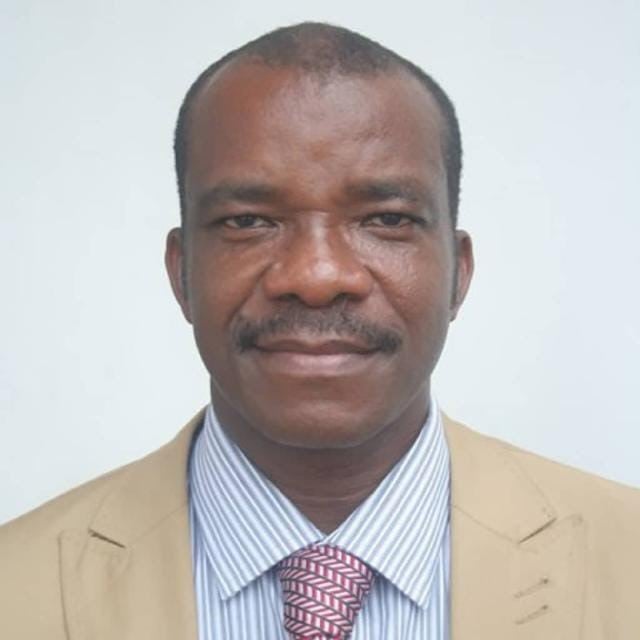Sodiq Ojuroungbe
Medical experts have warned that the persistent habit of doctors clinging to complex cases they are ill-equipped to handle is fuelling preventable deaths across hospitals in Nigeria.
The medical professionals lamented that several hospitals, especially private hospitals, often delay critical referrals due to ego, fear of losing revenue, or administrative bureaucracy, even when it is clear they lack the personnel, equipment, or infrastructure to provide adequate care.
This, they said, frequently results in patients arriving at tertiary or specialist hospitals only after their conditions have deteriorated beyond the point of recovery.
Speaking exclusively to PUNCH Healthwise, the experts stressed that there is a need for mandatory referral protocols for certain medical conditions, along with continuous training for healthcare workers on when and how to escalate care.
A Professor of Obstetrics and Gynaecology at the Obafemi Awolowo University Teaching Hospital, Ile-Ife, Osun State, Ernest Orji, lamented that scores of patients who could have survived often end up dying because they are kept for too long in facilities that lack the expertise or equipment to manage their conditions.
He said the reluctance of some practitioners to refer patients promptly to centres where appropriate care is available remains one of the most dangerous yet under-discussed causes of hospital deaths in the country.
The professor expressed concern that a troubling culture of pride, ego, and profit-seeking has crept into medical practice, with some healthcare providers deliberately holding onto cases far beyond their capacity just to avoid losing income or admitting their limitations.
He warned that such behaviour is unethical and endangers lives, stressing that the true mark of professionalism is knowing when to refer patients early to save them.
He said, “Many a time, people out of pride and arrogance at lower hospitals will sit on top of cases.
“But as specialists, if there is a case beyond your scope, it is only ethical to refer. Yesterday, for instance, someone brought a woman to my house while she was in labour. I told them, ‘No, no, no. Go to the hospital nearby where all the facilities are available.’ And they went. But some people would rather sit on top of cases because of money or ego.”
He said doctors must learn to place human lives above personal pride, adding that no one loses professional credibility for admitting the limits of their facility or experience.
The maternal health physician noted that medicine thrives on teamwork and referral systems, not on lone heroism or ego-driven competition, warning that those who hoard cases often only end up sending patients to tertiary centres when it is already too late.
“People just sit on top of cases when they know that their level of experience or the quality of practice they have cannot handle those cases. That should not be happening. It is safer for everyone when patients are referred early rather than being gambled with,” he said.
Orji stated that many of the tragic hospital deaths recorded across Nigeria are not primarily due to the severity of the illnesses themselves, but rather to delays in recognising when cases have exceeded a facility’s capabilities and failing to act fast enough.
The don described such delays as deadly and entirely avoidable.
He explained that conditions which may seem fatal often have established life-saving protocols and interventions but only work if the patient gets to a centre that has the right expertise, drugs, equipment, and blood within the critical window.
He added, “By the time many patients are eventually moved from small clinics or maternity homes to tertiary hospitals, they are often already in irreversible crisis.
“It is not the condition that kills the patient. It is the inability to detect the problem on time and intervene or putting them in the hands of the wrong person. A woman convulsing in pregnancy is not a big issue if she comes on time, we have the drugs, we know what to do. Even if a woman is bleeding, if she comes on time, we will sort it out. The same goes for many other emergencies in general medicine and surgery. The real killer is delay.”
The gynaecologist noted that it has become a recurring pattern in tertiary hospitals to receive patients who are already critically ill from inappropriate or incomplete treatment at home, at under-equipped maternity centres, at informal health posts, or at private hospitals where practitioners lacked the expertise but kept the cases for too long.
He said such delays often make otherwise treatable complications spiral out of control, leaving specialists with little chance to salvage the situation.
The professor also appealed to regulatory authorities and professional bodies to intensify monitoring, continuing education, and disciplinary measures that would discourage unethical hoarding of patients, noting that lives are being lost unnecessarily because of systemic complacency.
Also, a public health expert, Dr. Adebayo Oseni, described the situation as a silent epidemic plaguing the country’s healthcare delivery chain.
“We see it all the time—patients who should have been referred immediately after first-line intervention are held back until they become terminal. By the time they reach us, we are left managing avoidable complications or watching them die. This has to stop,” he said.
He added that many lower-tier hospitals, particularly at the primary and secondary levels, operate with an exaggerated sense of capacity, treating cases that are clearly beyond their expertise or equipment.
“What some of these hospitals are doing is not just unethical; it is criminal. Holding on to a patient for too long when you know you cannot help them is equivalent to manslaughter,” he said.
All rights reserved. This material, and other digital content on this website, may not be reproduced, published, broadcast, rewritten, or redistributed in whole or in part without prior express written permission from PUNCH.

